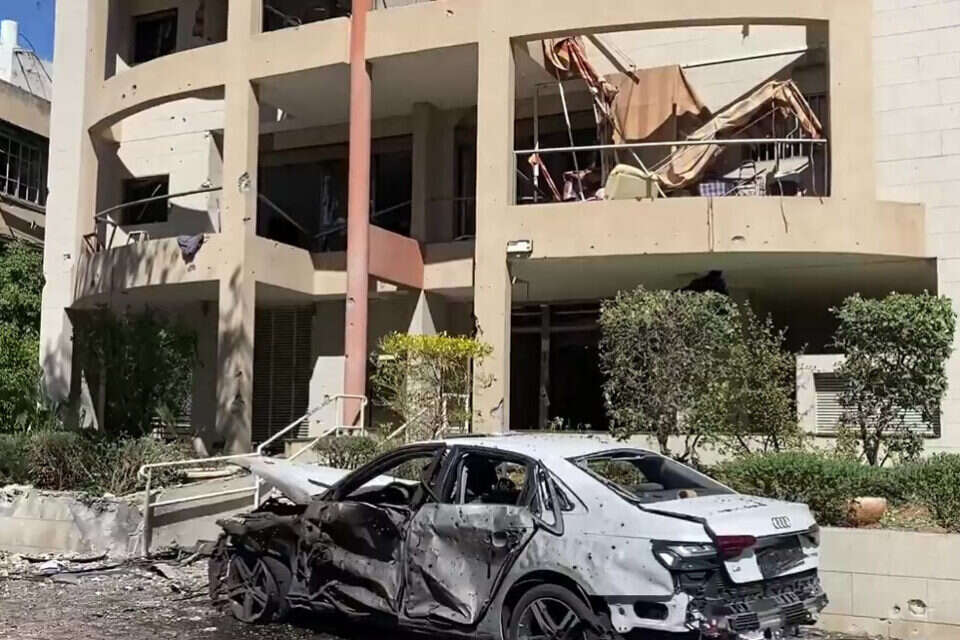The resilience centers in local authorities, especially in the Gaza Strip and in the north of the country, have been operating for more than a decade, but the Ministry of Health or the body that operates them (the Israeli Coalition for Trauma) have no data on their activity, waiting times or emergency situations.
This emerges from the report of the Knesset Information and Research Center, which will be presented tomorrow as part of a day of discussions dedicated to the issue of mental health.
The report also shows that a number of standards aimed at all the center, some find it difficult to recruit manpower is not clear whether in an emergency will be able to meet the demand and to respond. Only four centers provided services in psychiatry. Center for Bedouin society can not be such a service.
At the same time, budget centers It is decided by the government, not on the basis of the budget, which creates budgetary uncertainty, which makes it difficult to plan for the long term and also increases the difficulty of recruiting staff.
A third of the treatments in Sderot
There are 13 resilience centers in Israel that provide services to local authorities and their residents, in the areas of mental health care for victims of anxiety, community resilience and emergency preparedness.
In the years 2020-2018, 16,335 people were treated with individual, group or psychiatric treatment, and the National Insurance Institute funded 83,662 individual treatments, about a third of them in Sderot.
The Israeli Coalition for Trauma, which is responsible for operating 11 of the centers, has no data on the average waiting time for diagnosis and treatment in each of the centers.
They responded to the Knesset's information center and said that the average waiting time for admission is 5-4 days, and a week until the start of treatment.
MK Michal Waldiger // Photo: Oren Ben Hakon,
Five of the centers were established in 2008 in Sderot and in four regional councils in its vicinity.
In 2015, a resilience center was established in Be'er Sheva for Bedouin society.
In 2016, four resilience centers were opened in Judea and Samaria, and in 2020, a resilience center began operating in Ashkelon.
All of these are the responsibility of the Ministry of Health.
And this year - two resilience centers began operating in the north, operated by a cluster of local authorities in the Eastern Galilee and the Western Galilee.
The chairman of the Mental Health Lobby, MK Michal Waldiger, who commissioned the report from the Knesset Research Center, said that And to their residents, to building community resilience, mental health care for victims of anxiety and preparing for emergencies. "
According to MK Waldiger, “For these purposes, resilience centers have been established.
They should be monitored and funded on an ongoing and proper basis by the state, and run under clear procedures and metrics of success.
"I would expect the state to have clear data for checking their efficiency and work, such as the number of applicants each year, the number of psychiatric treatments received by each applicant and the number of treatments performed in the centers, workload testing and data on waiting times for treatment."
"Establish clear procedures"
She added that "the report of the Knesset Research and Information Center reveals that those who receive service at the centers are satisfied, but many data are missing to determine the efficiency and readiness of the centers for emergencies.
The government must establish clear procedures and indices, conduct controls and put them in writing, and of course put the funding of the centers in the budget base and concentrate them under one ministry. "
MK Waldiger concluded that "the personal and national resilience of the residents of the State of Israel should be a priority, certainly of those who live in places that are more exposed to security threats and are in a kind of ongoing emergency routine."

